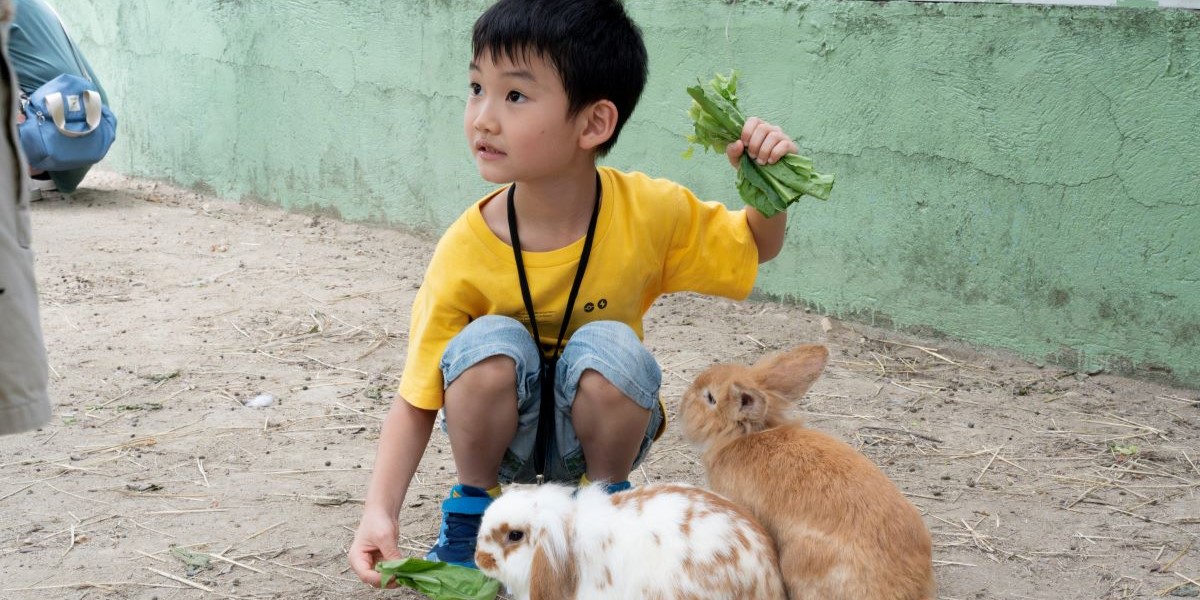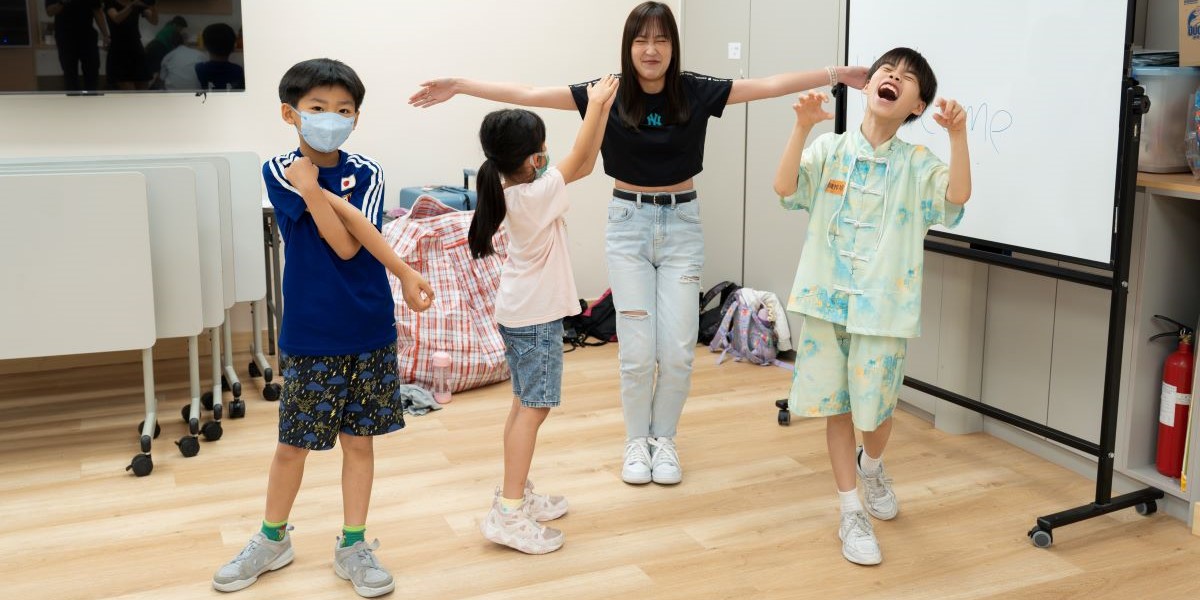
As summer approaches, many parents are looking for safe and fun activities for their children. This article will introduce 3 practical tips to help you easily find safe activities as well as recommend some enjoyable options that benefit both children and parents’ mental wellbeing. Let’s ensure you and your kids have a fulfilling, safe and enjoyable summer holiday!
Besides helping caregivers, we also provide child safeguarding training, consultation support, and policy development services to organisations working with children, enhancing their ability to protect children’s safety.
Three Key Points for Choosing Safe Activities for Children
- Understand the Activity Organiser's Child Safeguarding Policies
- Understand How the Organiser Collects and Uses Data
- Observe your Child's Experience
Start by researching the organiser’s background. Look for news articles online to see if the organiser has had any issues related to child safety or child safeguarding in the past. If so, what types of issues were they, and how did the organiser respond and improve? Parents should consider the organiser’s past issue, its dedication and capacity to rectify the situation in order to weigh the potential risks when choosing an organiser.
Parents can also inquire whether the organiser conducts background checks related to child safety for staff before hiring them. For example, does the organiser perform sexual offense conviction checks before employment to ensure the suitability of the staff?
Additionally, ask the organiser to share their child safeguarding policies, such as safety agreements and codes of conduct. Parents and children should also have reporting channels for any child safety concerns to the organiser.
Besides child safeguarding policies, ask the organiser how they collect and use children’s personal data. Check their guidelines on safely handling children’s personal information, photos, videos, and stories. Ensure that parental consent is obtained before collecting such data, with clear terms on how the data will be used and how parents and children can withdraw consent later.
While organiser is responsible for safeguarding children, parents and caregivers also play a crucial role. Spend time talking with your child after activities to understand their experience. Did they feel comfortable or notice anything unusual? Avoid focusing solely on learning progress and outcomes; patiently discuss various aspects of their class experience. If necessary, have your child repeat the instructor’s methods, behaviors, and language.

5 Quick Tips for Ensuring Children’s Safety During Summer Activities
- Educate children on how adults should appropriately treat them, and their right to say “no”;
- Discuss with children their views on the activities and interactions with instructors;
- Inquire about the child safeguarding policies of every organisation your child participates in;
- Ask the organiser how they maintain privacy when parents report child safety concerns.
- Share this article with 3 other parents. The more parents and children are aware of child safety knowledge, the safer children will be. For example, communicating with other parents about the instructor’s interactions can help ensure overall safety.
Recommended Summer Activities for Parents and Children
- Outdoor Activities
Outdoor activities such as cycling, hiking, soccer, badminton, or basketball not only promote physical health but also allow the whole family to enjoy nature and some fresh air. Our “Play to Thrive” program is unique to enhance children’s physical health and social-emotional skills by using football as a means.
- Art Workshops
Participating in art workshops allows children and parents to unleash creativity together, enhancing children’s creativity and hands-on skills while providing opportunities for joint creation and interaction. For instance, our “Healing Heart and Mind” program offers art experiences to help children develop self-awareness, emotions management skills and social-emotional abilities, improving their mental wellbeing and resilience.
- Picnics/Camping
Holidays are a great time for children to connect with nature and learn about the environment. You can prepare simple food and drinks for a family picnic. If you want something more fun, try planning a camping night. Bring tents, sleeping bags, and enjoy the night sky and the sounds of nature.
- Visiting Museums and Exhibitions
Learning doesn’t have to be confined to the classroom! Choose museums and exhibitions that match your child’s interests (such as natural history, science, art) and provide Child Friendly Space. Visiting interactive exhibits is an exciting way of igniting your child’s curiosity!
- Stress-Relief Games
Children may accumulate stress from daily life or schoolwork, but due to time or location constraints, outdoor activities might not always be feasible. Here we introduce six stress-relief games suitable for home, including “Lazy Cat,” “Feather,” and “Stress Balls.” These games can help children learn healthy ways to manage their emotions and find moments of calm.
We offer Child Safeguarding Service for child-facing organisations. Please support us.
At Save the Children Hong Kong, we take a zero-tolerance stance towards child abuse. Our Child Safeguarding Service is helping child-facing organisations improve their knowledge, skills, and internal systems to keep children safe.
With your monthly and one-off donation, we can develop longer-term and effective child welfare programs. Locally, we will promote children’s mental wellbeing, enhance their social-emotional skills, and advocate “positive parenting” to parents. At the same time, we will also improve the child safeguarding knowledge of professionals working with children. Please join us in creating brighter futures for our next generation. Donate now to support our works.
